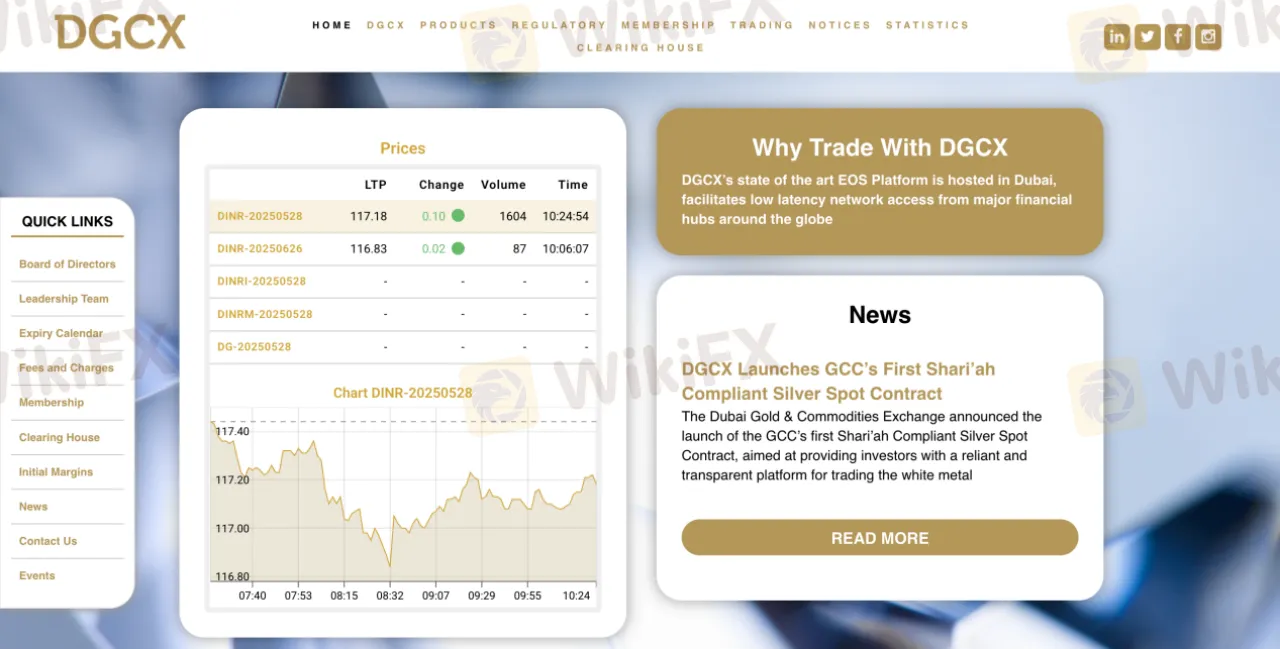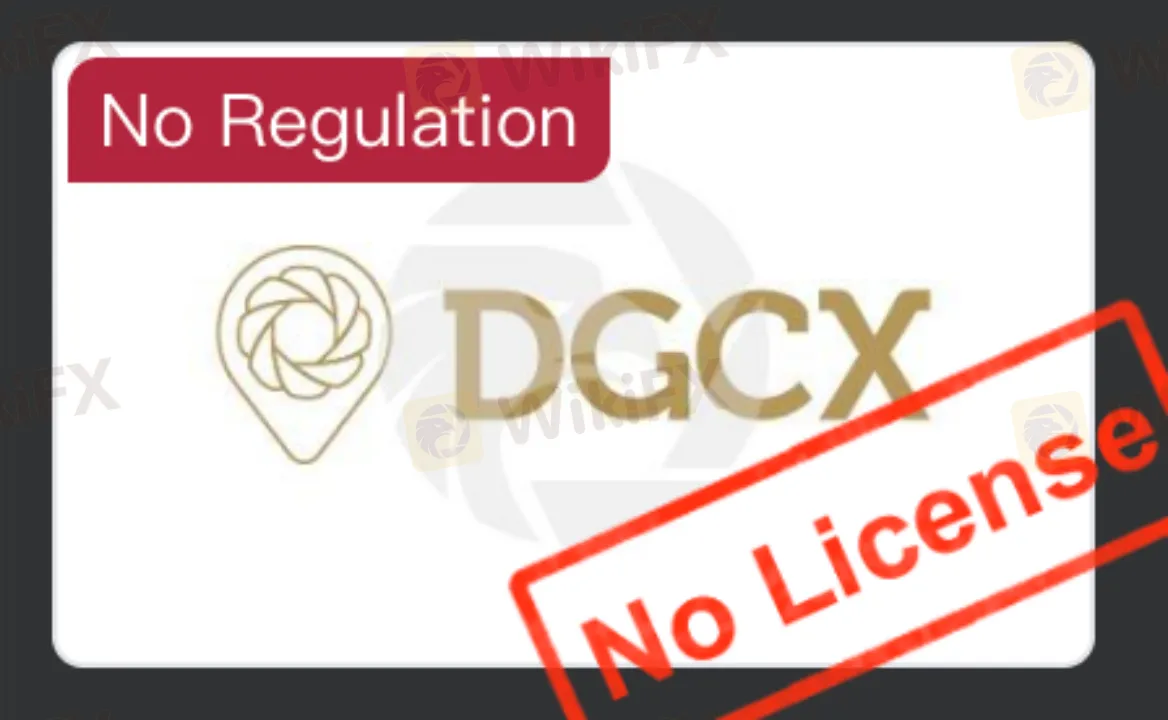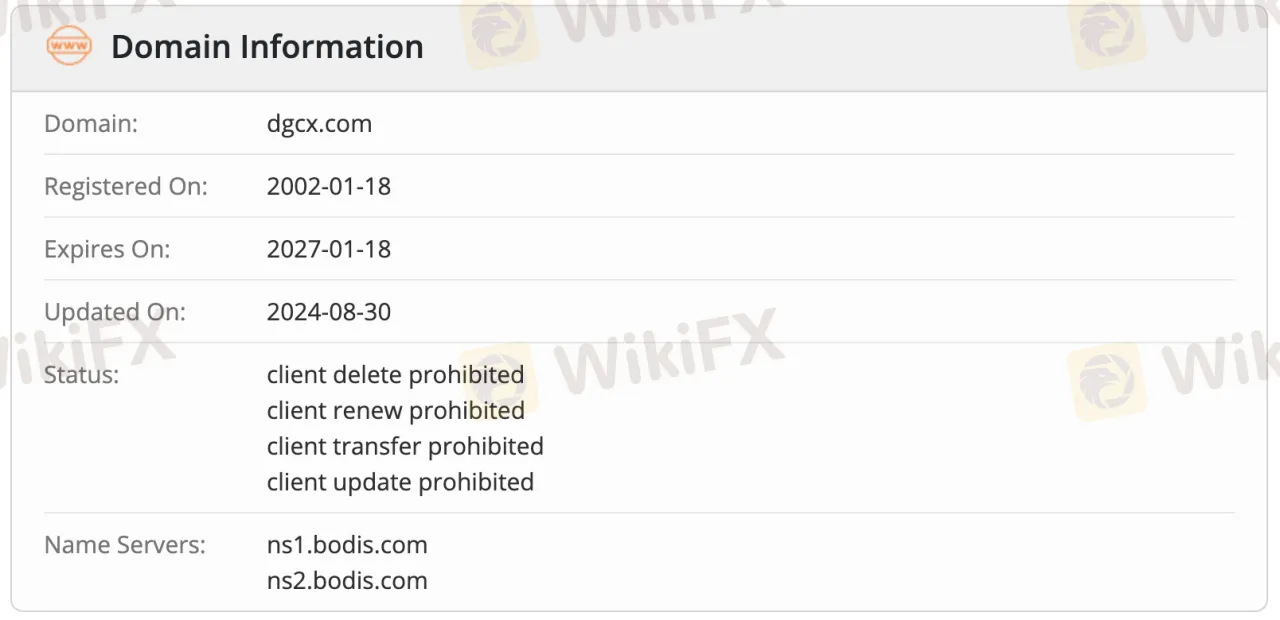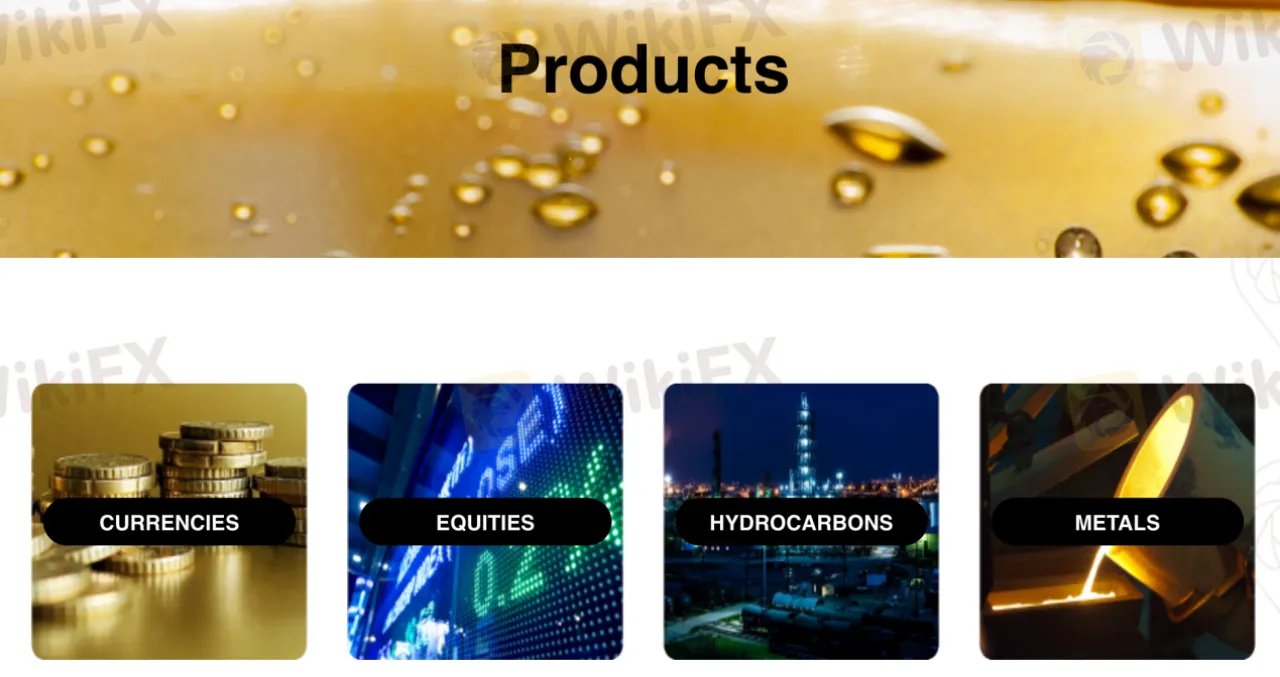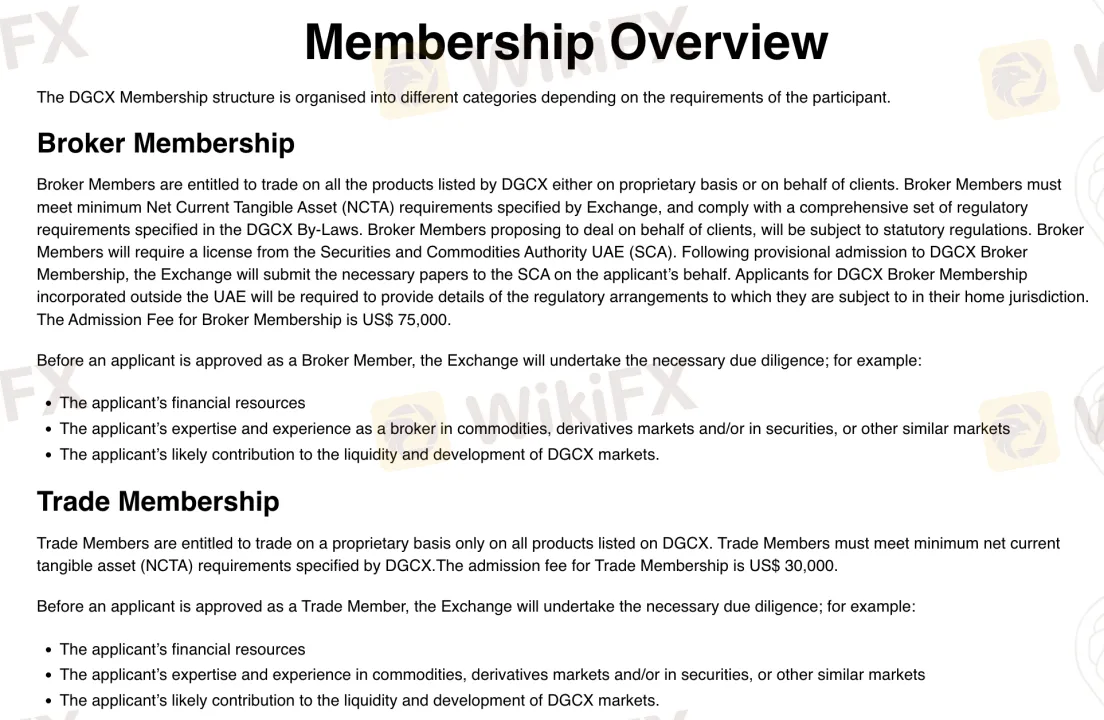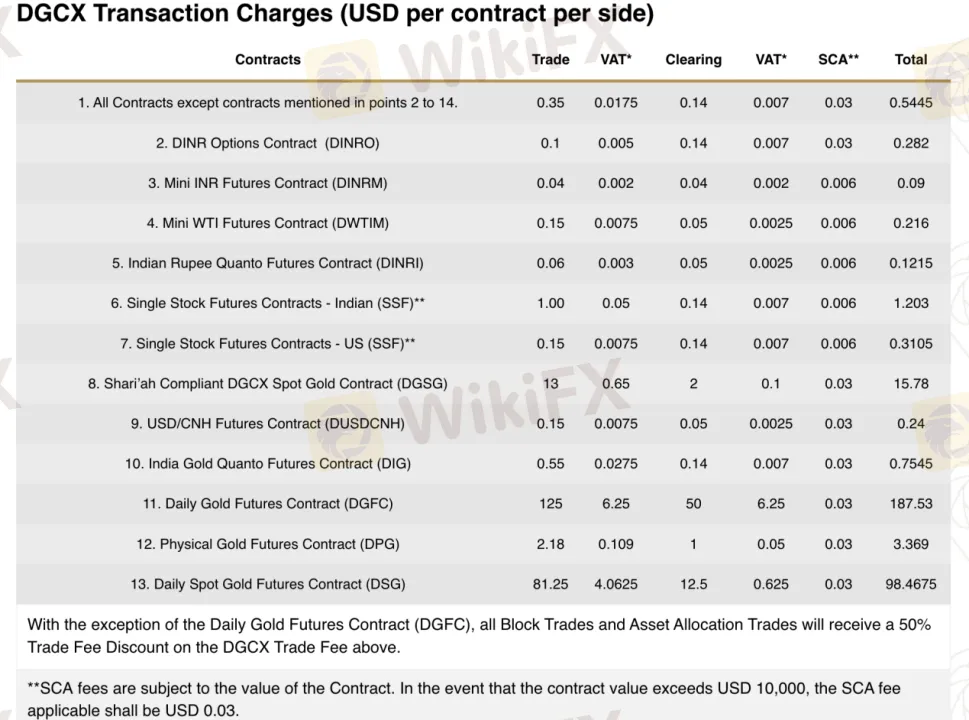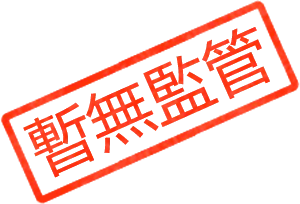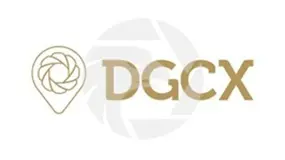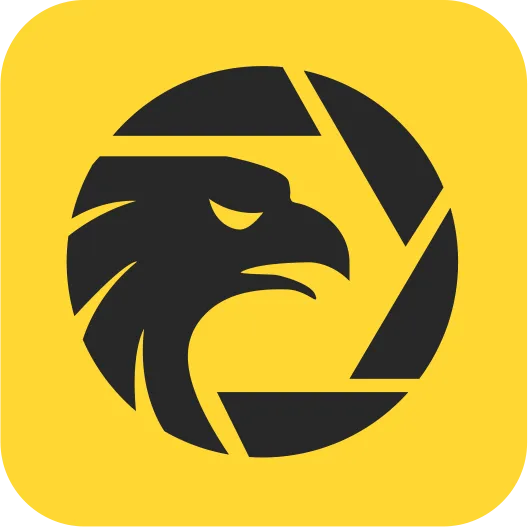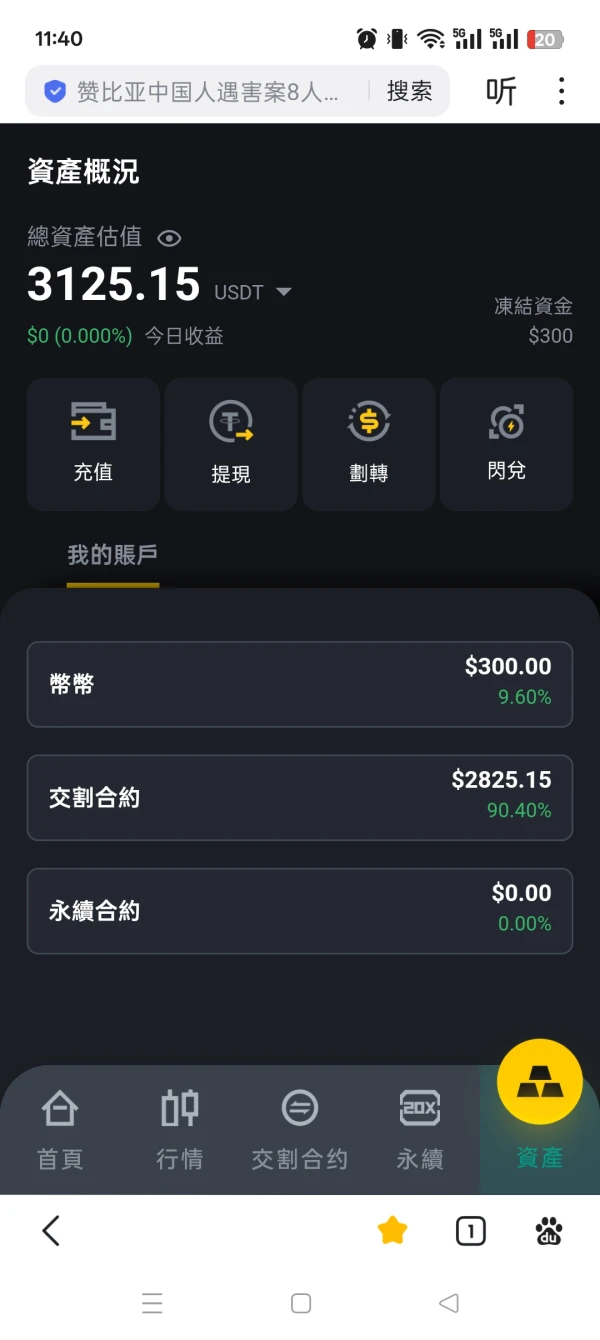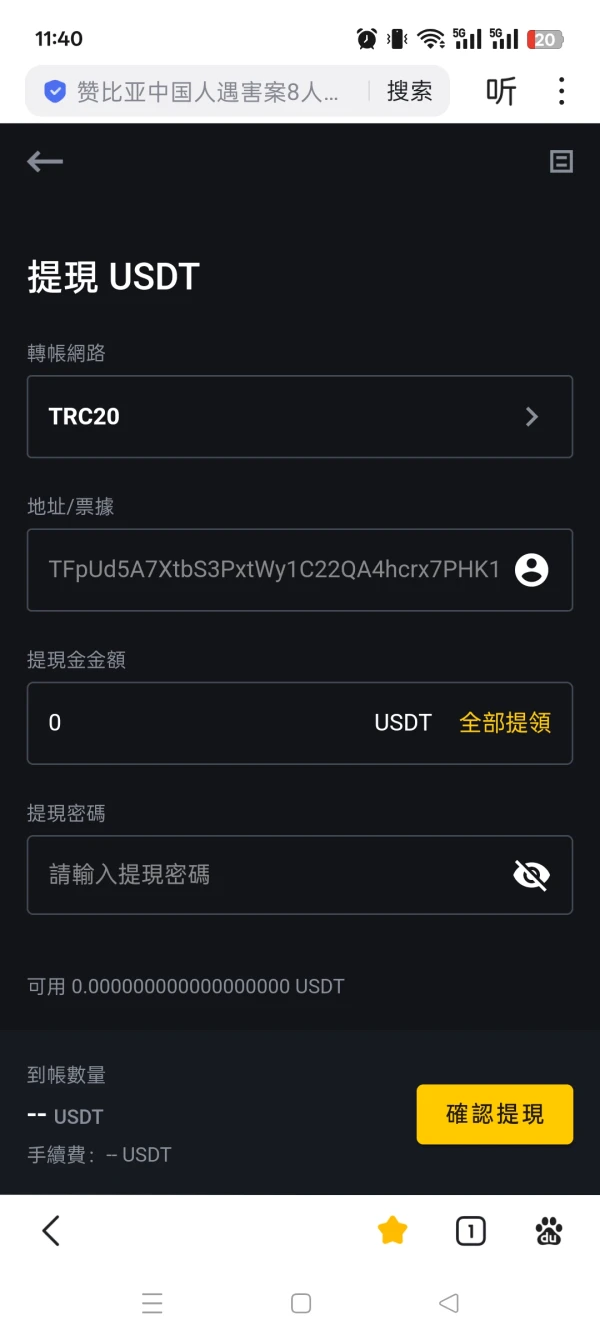MarceloD
1-2年
Can you outline the particular advantages of DGCX when it comes to its range of trading instruments and how its fee structure is set up?
Reflecting on my own experience as a trader, I approach DGCX with a great deal of caution, but I can outline some particular features it brings. The main advantage I have observed is the sheer breadth of futures contracts on offer; DGCX provides access to currencies, equity-related instruments, hydrocarbons, and metals—each as exchange-traded futures. For anyone focusing on Middle East markets or seeking exposure to these particular asset classes via regulated exchange products (as opposed to retail trading platforms), that diversity is notable.
However, it’s vital to recognize that DGCX is not structured like a retail forex broker. Instead, it is an institutional-level exchange targeted at professional firms, with access typically limited to members rather than individual retail traders. The trading platform, Cinnober by Nasdaq, supports robust and direct market access, yet it isn’t optimized for casual or low-volume market participants.
One recurring issue for me has been DGCX’s high trading and membership fees. For example, trading a single standard gold futures contract costs $175 per side in exchange and clearing fees—substantially higher than typical retail market alternatives. Membership fees are significant as well, with broker memberships running to $75,000. While the fee schedule is relatively transparent and fixed per contract, it makes participation prohibitively expensive for many.
Given DGCX's lack of recognized international regulation and high barrier to entry, I urge careful due diligence and a conservative approach before engaging with this exchange.
Darren Ross
1-2年
Could you outline the key benefits and potential drawbacks of trading on the DGCX platform?
Having evaluated DGCX as an independent trader with a cautious approach, I found its structure dramatically different from retail forex and CFD brokers. In my experience, one of the notable strengths is its comprehensive range of futures instruments, including contracts on currencies, metals, hydrocarbons, and equities. For me, the underlying institutional platform, Cinnober by Nasdaq, provides robust infrastructure and direct market access—features typically sought by professional or proprietary traders who require efficiency and transparency at scale.
However, substantial drawbacks outweigh these benefits for individuals like myself. The most significant concern is the absence of oversight from recognized international regulators such as the FCA or ASIC. DGCX is supervised by the Dubai Multi Commodities Centre (DMCC), yet it does not possess licenses accepted by major regulatory authorities. This regulatory gap creates inherent risk, especially with the red flags highlighted: suspicious license status, high-risk warnings, and reports of withdrawal difficulties from some users. The high barriers to entry—such as steep membership application fees and notably expensive per-contract trading costs—make it impractical for most retail traders. Information on basic trading conditions and client protections is limited as well.
Given the specialized nature of the platform and the uncertainty regarding fund safety, I personally would only consider DGCX if I were operating as a well-capitalized institutional participant with a comprehensive understanding of the risks specific to unregulated exchanges. For most traders, especially those valuing statutory protection and transparent dispute resolution, DGCX's drawbacks carry considerable weight.
edgeisedge
1-2年
Are there any payment methods on DGCX that allow for immediate withdrawals?
Drawing on my experience as a forex trader, I approached DGCX with the expectation of industry-standard convenience, especially for withdrawals. However, based on the comprehensive information available, I found no clear details about retail payment methods or any provision for immediate withdrawals on DGCX. In fact, DGCX primarily positions itself as an institutional exchange and not as a typical retail broker. This distinction is crucial because it means account interactions, including deposits and withdrawals, are generally managed at the member or institutional level, rather than through retail-facing online methods.
My research also highlighted some worrying red flags. There are recent user reports that withdrawals have been delayed or rendered inaccessible, and the platform currently operates without recognized international regulation. This absence of oversight adds a layer of risk, particularly around fund safety and dispute resolution. For me, the lack of transparency regarding withdrawal procedures and options, combined with warnings about fund accessibility, signals a need for considerable caution. In my opinion, unless you are an established financial institution with direct membership and a clear understanding of the operational framework, DGCX does not provide the swift or direct withdrawal solutions that retail traders might expect. I strongly advise prioritizing brokers with proven, regulated, and transparent withdrawal processes.
Broker Issues
Withdrawal
Deposit
qirhost
1-2年
What major risks or downsides should I keep in mind when trading on DGCX?
Speaking as someone who has spent years assessing exchanges and brokers, I approach DGCX with particular caution given several material risks. First and most critically for me, DGCX is not regulated by any of the major global financial authorities. While it operates under the Dubai Multi Commodities Centre, this lacks the rigorous investor safeguards provided by bodies like the FCA in the UK or ASIC in Australia. For a trader, the absence of this oversight translates to greater counterparty and operational risks — simply put, if something goes wrong, avenues for formal recourse are limited.
Additionally, my experience with institutional-grade exchanges like DGCX has taught me that they are simply not designed for the typical retail participant. DGCX’s model requires significant upfront costs just to gain access: membership fees start at $30,000 for proprietary accounts and rise to $75,000 if you intend to act as a broker. Alongside these high entry barriers are transaction fees that far exceed what is standard at most retail brokers, especially in precious metals contracts. This pricing structure renders DGCX impractical for most individual traders and magnifies the financial exposure per trade.
I also notice considerable transparency gaps. Unlike retail brokers, DGCX does not disclose common retail trading conditions such as leverage, spreads, or account minimums, leaving me uncertain about the true trading environment. Trading is restricted to a narrow but institutional-grade set of futures — not CFDs or spot forex — meaning you must be comfortable with futures products and their risks.
Complicating matters are troubling user reports of withdrawal difficulties, which, combined with the lack of regulatory clarity and severe penalties for settlement issues, heighten my concerns about operational reliability and liquidity. All considered, my personal view is that DGCX’s risk profile is elevated, and only very experienced professional or institutional traders with a deep understanding of exchange-traded derivatives — and a high tolerance for both cost and counterparty risk — should consider participation. For the vast majority of traders, I believe the downsides outweigh potential benefits.
